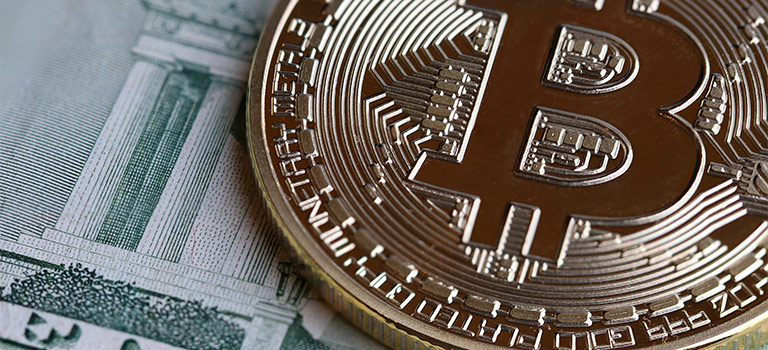PALO ALTO, Calif. (Reuters) - The Federal Reserve is taking a look at a broad series of concerns around digital payments and currencies, including policy, style and legal considerations around possibly issuing its own digital currency, Guv Lael Brainard stated on Wednesday. Brainard's remarks suggest more openness to the possibility of a Fed-issued digital coin than in the past." By changing payments, digitalization has the prospective to provide higher worth and convenience at lower cost," Brainard said at a conference on payments at the Stanford Graduate School of Organization.
Central banks internationally are debating how to manage digital finance technology and the distributed journal systems utilized by bitcoin, which assures near-instantaneous payment at potentially low cost. The Fed is developing its own round-the-clock real-time payments and settlement service and is presently examining 200 remark letters sent late in 2015 about the proposed service's style and scope, Brainard said.
Less than 2 years ago Brainard informed a conference in San Francisco that there is "no compelling showed requirement" for such a coin. But that was before the scope of Facebook's digital currency ambitions were widely known. Fed officials, including Brainard, have actually raised issues about customer defenses and information and personal privacy risks that might be posed by a currency that might come into usage by the third of the world's population that have Facebook accounts.

" We are collaborating with other reserve banks as we advance our understanding of main bank digital currencies," she said. With more nations looking into releasing their own digital currencies, Brainard stated, that contributes to "a set of reasons to also be making what is the fed coin sure that we are that frontier of both research and policy development." In the United States, Brainard stated, issues that require study consist of whether a digital currency would make the payments system much safer or simpler, and whether it might pose monetary stability threats, including the possibility of bank runs if money can be turned "with a single swipe" into the reserve bank's digital currency.
To counter the monetary damage from America's extraordinary nationwide lockdown, the Federal Reserve has taken unmatched steps, consisting of flooding the economy with dollars and investing straight in the economy. Many of these relocations received grudging acceptance even from lots of Fed skeptics, as they saw this stimulus as needed and something only the Fed could do.
My brand-new CEI report, "Government-Run Payment Systems Are Unsafe at Any Speed: The Case Against Fedcoin and FedNow," information the dangers of the Fed's present prepare for its FedNow real-time payment system, and proposals for central bank-issued cryptocurrency that have actually been called Fedcoin or the "digital dollar." In my report, I discuss concerns about personal privacy, information security, currency control, and crowding out private-sector competition and development.
Supporters of FedNow and Fedcoin state the government must produce a system for payments to deposit instantly, instead of motivate such systems in the economic sector by raising regulative barriers. However as kept in mind in the paper, the economic sector is providing a relatively limitless supply of payment innovations and digital currencies to solve the problemto the level it is a problemof the time space between when a payment is sent and when it is received in a bank account.
And the examples of private-sector development in this area are numerous. The Cleaning Home, a bank-held cooperative that has been routing interbank payments in different types for more than 150 years, has actually been clearing real-time payments because 2017. By the end of 2018 it was covering half of the deposit base in the U.S.